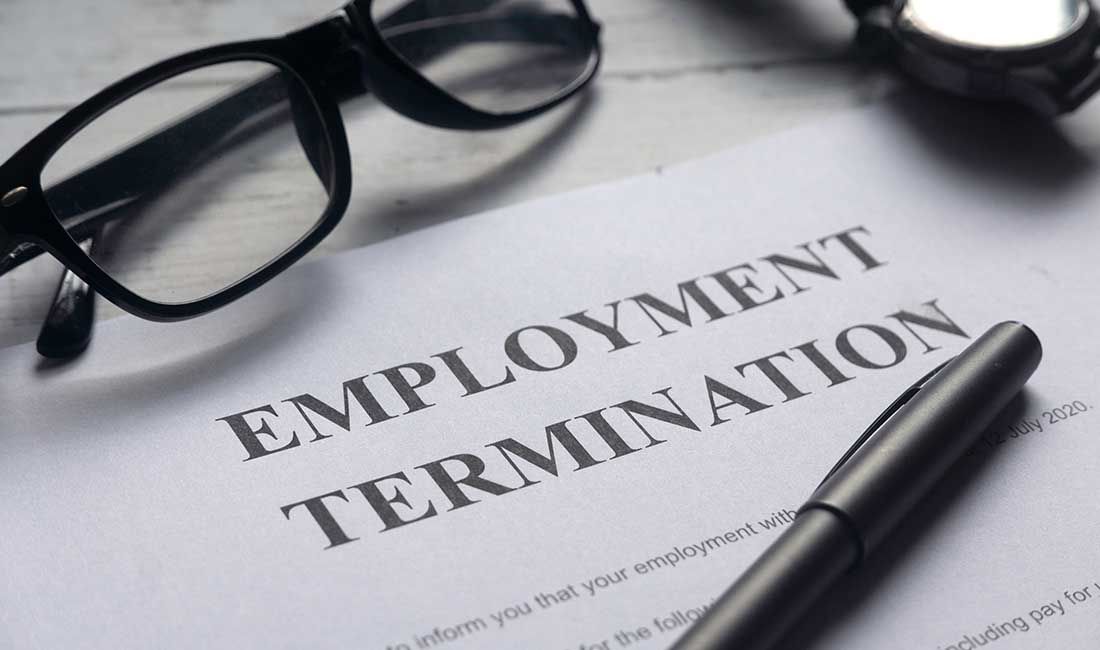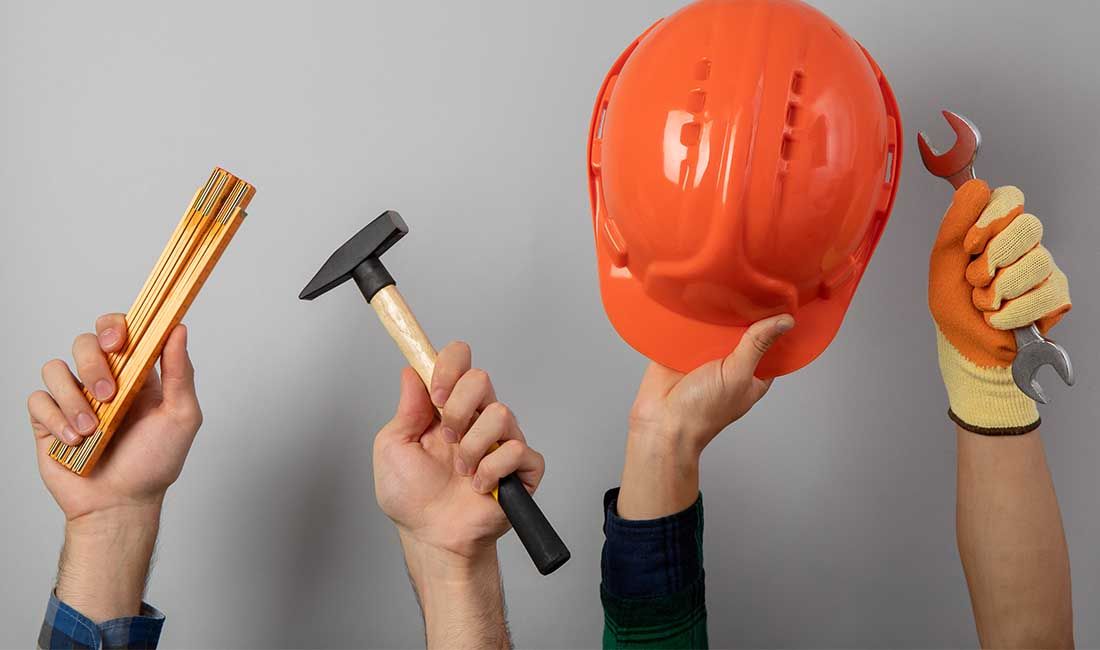Workplace Dynamics: Why They Matter

| W.E.U Admin | Personal Development & Support
TAGS: Health, Walking, Wellbeing
Most of us spend a significant portion of our lives at work, making the quality of our workplaces a crucial factor in our mental and physical well-being. How colleagues treat one another, the decision-making process, and the fair distribution of responsibilities all influence whether work feels manageable or miserable.
Workplace Culture Isn’t a Side Issue
Far too often, healthy workplace dynamics are ignored in the drive for profit and productivity. Yet respect, fairness, clear communication, and trust aren’t optional extras—they are fundamental to a sustainable, safe, and dignified working life. When organisations prioritise these values, employees feel valued and supported, even if the role itself isn’t perfect.
Learn more about cultivating workplace dynamics for lasting positive change.
What Makes Work Feel Worthwhile
- Flexibility – Having control over when and how you work.
- Autonomy – Being trusted to complete tasks without micromanagement.
- Belonging – Feeling included and respected by your team.
- Appreciation – Receiving recognition and fair treatment from managers or employers.
Employees thrive when their skills complement one another, disagreements are handled respectfully, and roles and expectations are clear. These outcomes stem from good leadership, transparent policies, and strong worker voices. The WEU is here to listen and offer advice on these crucial matters.
Spotting an Unhealthy Workplace
“Toxic workplace” is more than a buzzword—it reflects real dynamics that can harm employees. Watch for these signs:
- Verbal abuse: Insults, belittling, threats, or punishments for speaking up.
- Poor communication: Vague instructions, shifting priorities, or fear of honest dialogue with management.
- Unbalanced workloads: Some staff overwhelmed while others coast, leading to resentment and burnout.
- Low morale: Persistent stress, silence, and disengagement signal a team that’s emotionally checked out.
These issues often overlap. A manager prone to shouting won’t manage workloads effectively, and teams that avoid tough conversations may perpetuate unfair practices. High turnover or chronic absenteeism usually means people are voting with their feet.
Why Worker Satisfaction Is Declining
Across many sectors, worker satisfaction has been falling. Key factors include:
- Rising job insecurity
- Lack of genuine flexibility
- Burnout from long hours
- Fewer opportunities for in-person connection due to remote work and understaffing
Many feel isolated, disposable, and uncertain about the future. The WEU will explore these challenges in depth soon.
Dealing with Poor Workplace Dynamics
Conflict is inevitable at work, but handling it constructively requires understanding different conflict styles. In environments where power isn’t shared fairly, conflict often turns toxic—or is avoided altogether—neither of which helps employees. Employers must foster cultures of inclusion, backed by policies that protect staff from discrimination and retaliation.
How to Improve Your Workplace Dynamics
Creating healthier workplace dynamics demands commitment at every level:
- Fair pay and job security
- Respectful leadership and open communication
- Comprehensive mental-health support
- Genuine worker input into job design and policies
Small gestures—recognising when someone’s struggling, addressing microaggressions, and raising issues early—make a difference. Yet true, lasting change comes from structural support, where trade unions play a vital role.
Microaggression: A subtle, often unintentional comment or action that communicates a negative or derogatory message.
The Role of the Union
Trade unions, especially the WEU, champion fairer, safer, and more respectful workplaces. We campaign not only for fair pay but also for dignity, voice, and mental well-being. When workplaces falter, it’s working people who suffer. By organising and speaking up together, we can drive meaningful change.
“A healthy workplace isn’t a privilege, it’s a right that every worker should experience and every one of us deserves it.”
— Stephen Morris, General Secretary, Workers of England Union
Further Reading
- Can the NHS Adapt to the 21st Century? (6-Part Series)
- The Do’s and Don’ts of Staying Hydrated at Work
workersofengland.co.uk | Independent Workers Trade Union
















